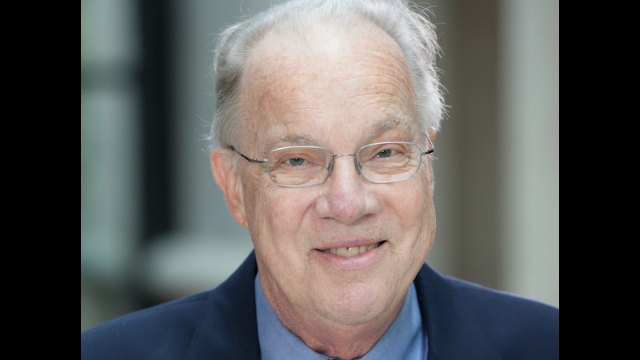 CHRISTINA MURREYJohn Robertson, a bioethicist at the University of Texas School of Law, passed away yesterday (July 5) at age 74. His work focused on reproductive technologies, and he served as chair of the ethics committee of the American Society for Reproductive Medicine.
CHRISTINA MURREYJohn Robertson, a bioethicist at the University of Texas School of Law, passed away yesterday (July 5) at age 74. His work focused on reproductive technologies, and he served as chair of the ethics committee of the American Society for Reproductive Medicine.
I. Glenn Cohen, a Harvard Law professor, writes in a memorial that Robertson helped to put law and bioethics “on to the law school map, and with a few others . . . gave it legitimacy as a real and important area of focus within law schools.”
“John was one of the earliest law professors to consider medicine from an ethical and policy perspective,” Rebecca Dresser, a bioethicist and law professor at Washington University in St. Louis, said in a 2010 press release. That year, Robertson was honored with a lifetime achievement award by the American Society for Law, Medicine, & Ethics. “He showed the rest of us how it could be done, and done well.”
Robertson earned his undergraduate degree at Dartmouth College and ...













